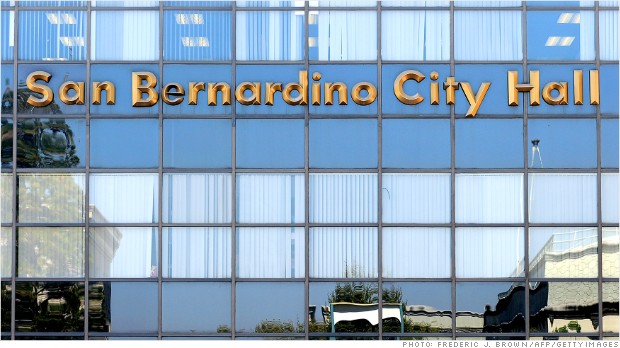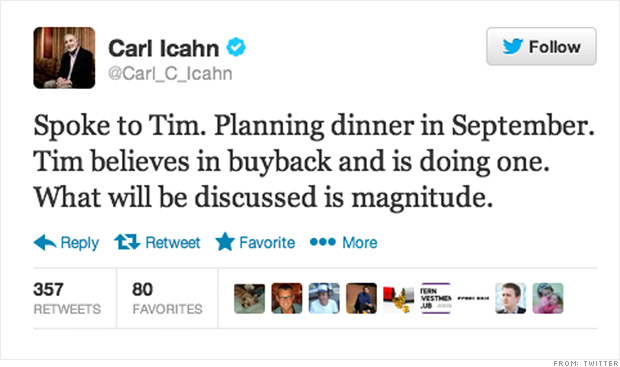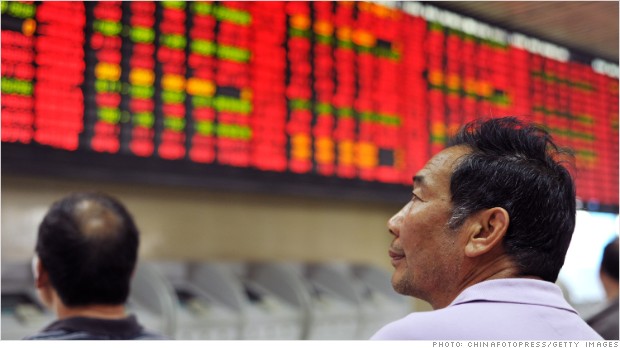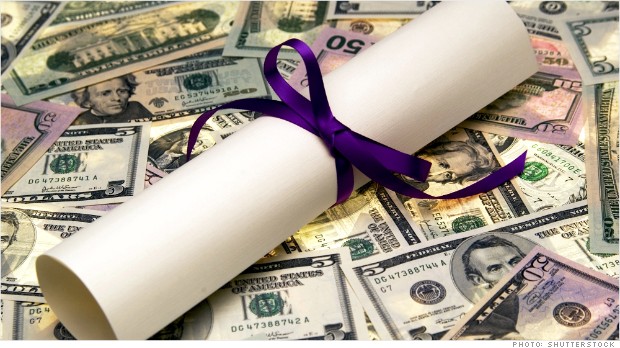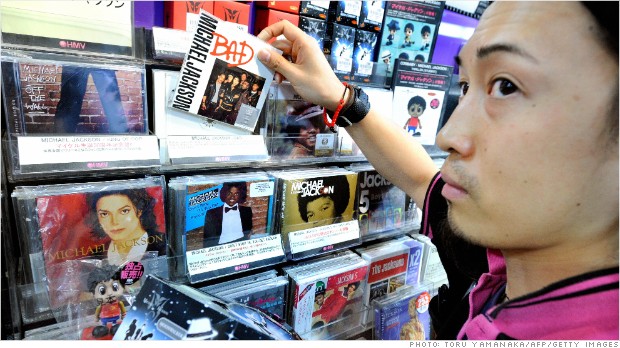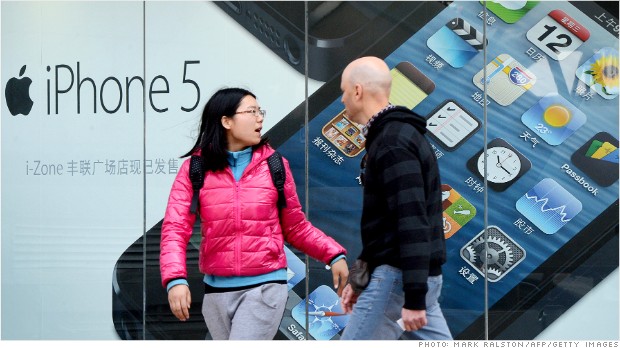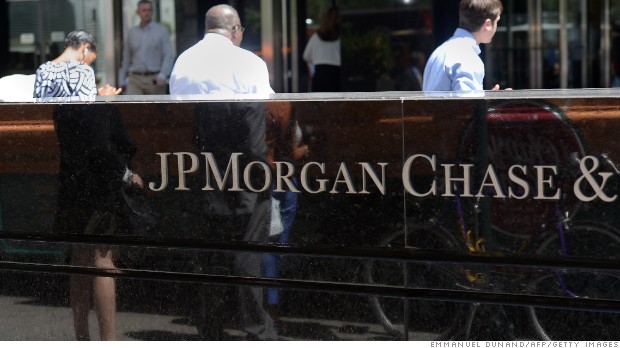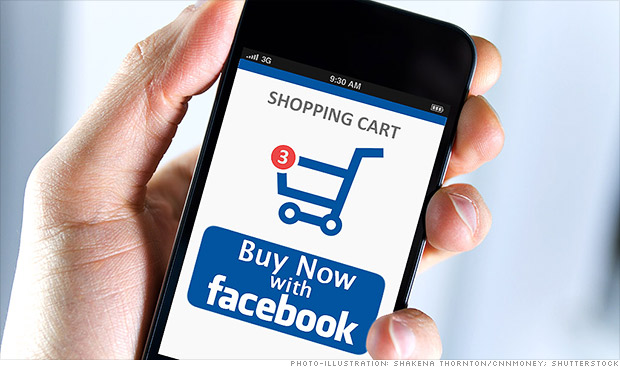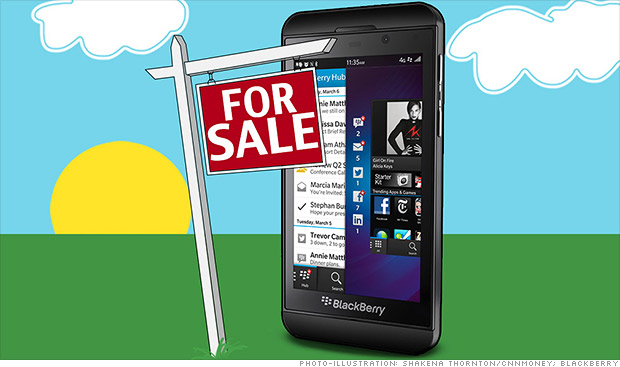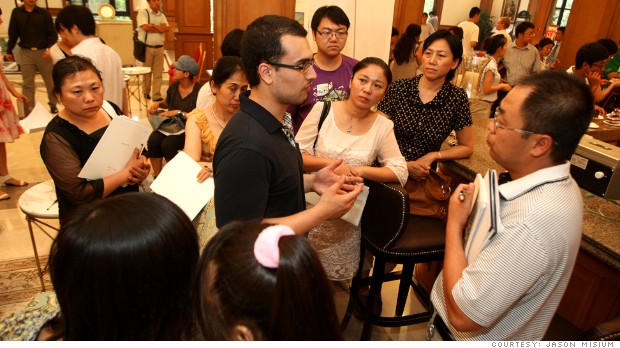
Much of the playbook for taking on the $40,000 average sticker price of a private school is out-of-date or just plain wrong.
(Money Magazine)
So you figure you've got this college thing under control. Not quite. Those expensive schools you ruled out? They might actually cost you less in the long run than some cheaper private or public institutions.
The federal loans for parents you're looking at so your kid doesn't graduate with debt? They may not be a better choice after all. As for thinking a technical major will be more helpful to Junior than a liberal arts degree ... sorry, it doesn't always turn out that way.
Even among savvy parents, myths and misinformation abound. Yet with the average four-year tab ranging from $71,500 at in-state public colleges to $240,000 at elite private schools, the last thing you need is to pay more than necessary, borrow more than you can handle, or pass up a college that can provide a great education at an affordable price.
What follow are the straight facts you need to make smart college choices.
MYTH NO. 1
The myth: Saving for college will hurt your chances of getting financial aid.
The reality: Any money you're able to save probably won't appreciably affect your chances for aid. Here's why: Under the federal financial aid formula, what matters most is your income, which is assessed up to 47%.
Related: Families scramble to pay for college
By contrast, a maximum of just 5.64% of savings in your name will be counted -- after excluding retirement accounts, any small business you own, and your home equity. A savings allowance based on your age and marital status ($30,700 for a married parent age 45 for 2014-15) will also be deducted.
As a result, parental savings typically have little impact in the government calculation of expected family contribution, says financial aid expert Mark Kantrowitz of Edvisor.com. Those savings will come in handy, though, to help pay that high expected contribution from your income.
True, nearly 400 private schools additionally use their own aid formula, which may factor in home and business equity. A high earner with substantial assets might qualify for less or no need-based aid at those schools as a result. Chances are, though, any aid you'd get would be in the form of loans, not grants, so you're still better off saving. Research from T. Rowe Price shows that each dollar you sock away could save you twice that amount in future borrowing costs.
What to do
Make friends with a 529. Only about one in four parents who save for college uses a 529 plan, says student lender Sallie Mae. Big mistake. You get more bang for your buck in a 529, since the money grows tax-free and withdrawals are tax-free, too, as long as the cash is used for school.
Look first to your state's plan; more than half offer a tax break to residents. Other low-fee options include New York's 529, Ohio College Advantage, and Wisconsin Edvest.
Shelter your shelter. "All schools will assess real estate that isn't your primary residence," says financial aid a expert Kal Chany at Campus Consultants in New York City. If you own a second home or investment property, taking out a home-equity line of credit and using the money to pay down consumer debt (to avoid having loan proceeds count as assets) will temporarily reduce your equity -- just make sure you can repay the loan.
Play the name game. Have assets in a taxable account in your kid's name? Uh-oh. They'll be assessed at a 20% rate. Fix: Use the account over time to buy stuff for your child that you'd get anyway, such as a new laptop or SAT tutoring. Then put an equivalent amount into a 529 in your name, where it will be counted at the lower parent rate, says Joe Hurley, head of Savingforcollege.com.
MYTH NO. 2
The myth: You can't afford a private college.
The reality: Don't confuse the eye-popping sticker prices at private schools -- $39,500 a year on average vs. $18,000 for the typical public college -- with the price you'd actually pay. Discounting by private colleges, especially for good students, has become the norm.
These discounts are typically awarded as merit aid and are given regardless of financial need. As the college-age population drops, schools are increasingly competing for students, sparking an awards arms race. In fact, today more students receive merit grants (44%) than get need-based aid (42%). Last year the average discount hit 45%, a record high, says the National Association of College and University Business Officers.
To be sure, Ivy League universities and some other top private schools still offer mainly need-based aid, but their definition of need often extends to higher-income families. And merit aid is available at many other high-quality colleges. For instance, Rice University offers academic grants averaging $15,000 to 22% of students; at Denison, about 46% of students get merit awards, which average $16,300.
What to do
Look for largesse. As your child begins to evaluate colleges, you'll want to assess how generous each is with handouts. To find the percentage of students who get merit money, go to collegedata.com. For details about a specific college's grants, check MeritAid.com.
Run a price check. Get a sense of what a certain private college will cost your family in particular, factoring in aid, by using the school's net price calculator. (Colleges are now required to offer this tool on their websites.)
Some schools load in merit awards based on your student's academic profile, while others give only a rough estimate. Either way, the results will be a good starting point for a discussion with the school's aid officer. Also compare the results with net prices at any state colleges your child is interested in; merit awards are on the rise at public schools too.
Improve your odds. Most private colleges are secretive about the formulas used to award merit aid. In general, your child has a better shot if her grades and SAT scores rank higher than the averages for a particular school, says Lynn O'Shaughnessy, head of Thecollegesolution.com.
Other factors that may provide an edge: intended major (a less popular one can help), community service, and musical talent. Some colleges even rate your child's interest in attending -- has yours taken a campus tour?
MYTH NO. 3
The myth: A liberal arts degree won't pay the bills.
The reality: Sure, grads with business or STEM (science, technology, engineering, and math) degrees tend to earn above-average salaries. But many liberal arts majors do as well or better.
Case in point: The top-earning 25% of history majors earned a median annual lifetime income of $85,000 vs. $82,000 for computer-programming majors, per a recent analysis by the Georgetown Center on Education and the Workforce.
And in some careers, lower salaries are offset by better job security. The typical education major earns $42,000, but only 4% are out of work. Biomedical engineers pull in $68,000, but 11% are unemployed.
Related: Does college still pay off?
Major isn't the only determinant of pay, either, notes Anthony Carnevale, the Georgetown Center's director: "Whether your child attends grad school, changes careers, gets promoted, or loses a job has a big impact on lifetime earnings."
Besides, many people end up in fields unrelated to their major -- an analysis of alumni by Williams College math professor Satyan Devadoss found that some arts majors went into banking, engineering, and tech, while some chem majors ended up in government and education. Also, a Chronicle of Higher Education survey of employers found that previous work experience was more important than one's major in hiring recent grads.
What to do
Focus on practical help. When comparing colleges, see what each offers to assist your child in developing work skills, says Andy Chan, VP of career development at Wake Forest University. Find out if the career office reaches out to freshmen, offers courses in résumé building, and helps students land paid internships. Some 60% of 2012 grads who held a paid internship got a job offer, according to the National Association of Colleges and Employers.
More: Student loans won't cripple your child financially.
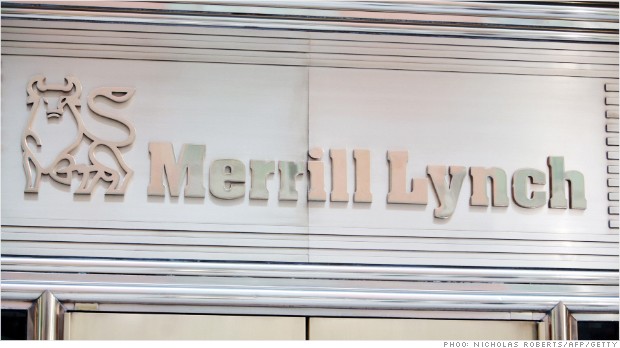
![]()

